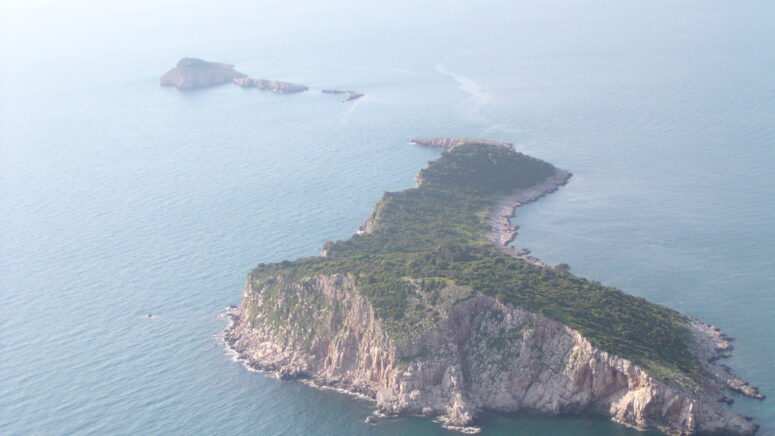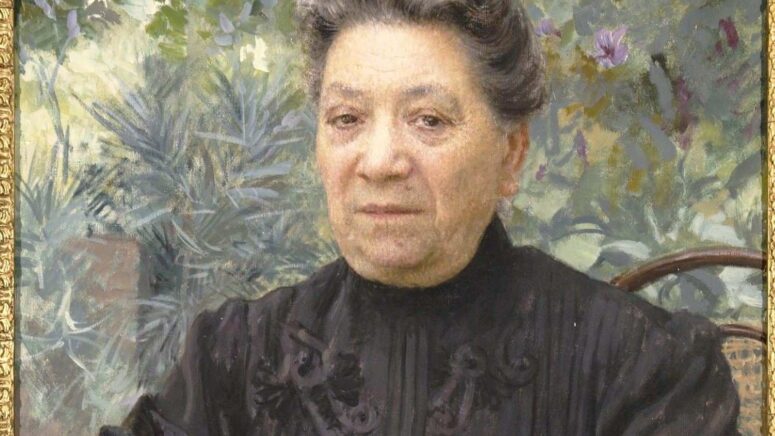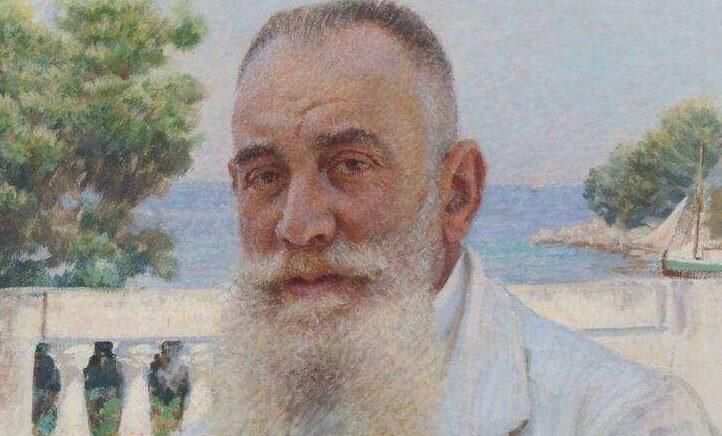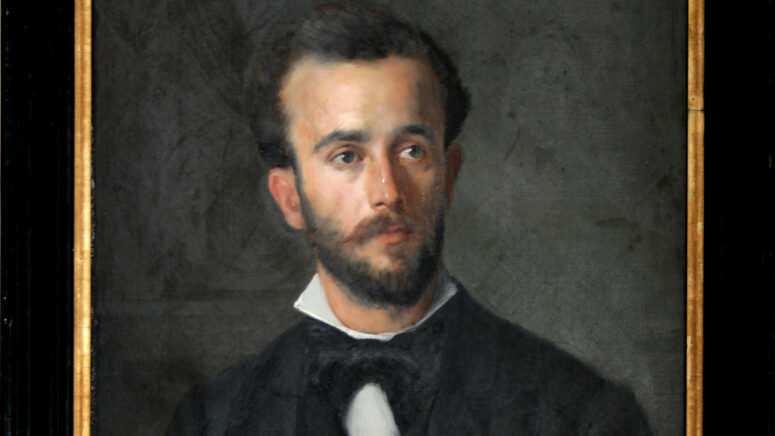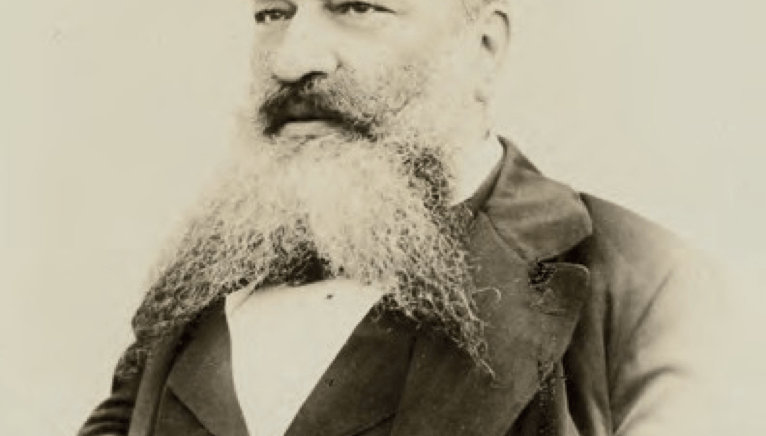The three islands of the Cavtat archipelago – Mrkan, Bobara, and Supetar – were strategically positioned at the entrance to the once important port of the Roman colony of Epidaurum. Their role as control and surveillance points in ancient and medieval times was indispensable on this section of the eastern Adriatic maritime route. In fact, […]
Marija Bogišić Pohl was born in Cavtat on 24th January 1837, in a family from the village of Mrcine in Konavle. She was the daughter of Vlaho Bogišić and Marija Miljan and the younger sister of Baldo Bogišić. Her mother passed away when she was only one month old, and her father remarried after a […]
In 1823, Đuro Bijelić, a sailor and merchant, relocated to Cavtat from Uskoplje. He was the grandfather of two well-known figures from Cavtat who have left a strong mark on the town through their activities – Paulina Bogdan Bijelić (1855-1944) and her slightly younger brother Đuro Bijelić (1858-1919). Paulina (Lina) and Đuro (Gjorgji) are children […]
When Vlaho Bukovac, still known as Vlaho Fagioni, set out to fulfill his second labour contract overseas in early 1873, his brother Jozo joined him in this endeavour. In truth, it was Vlaho who was his brother’s attendant. Since it was rumoured in Cavtat that a local woman had received a substantial sum of money […]
Cavtat was the place of origin for many political figures in the latter half of the 19th century. One of the more influential statesmen of that time is the now almost forgotten Luko Zore. During his lifetime, he would become one of the most important theoreticians of the Serb-Catholic Movement in Dubrovnik, and would be […]
